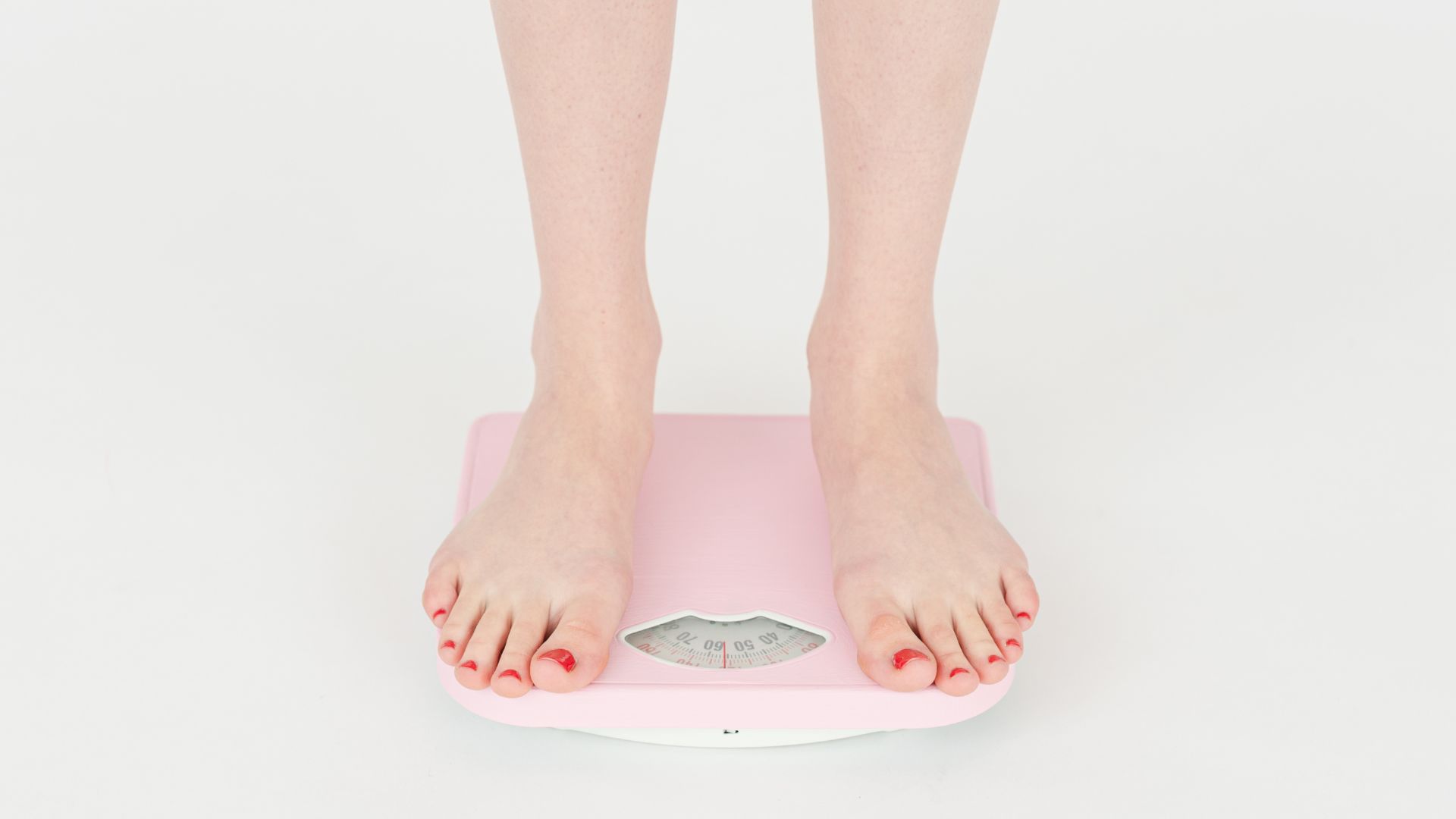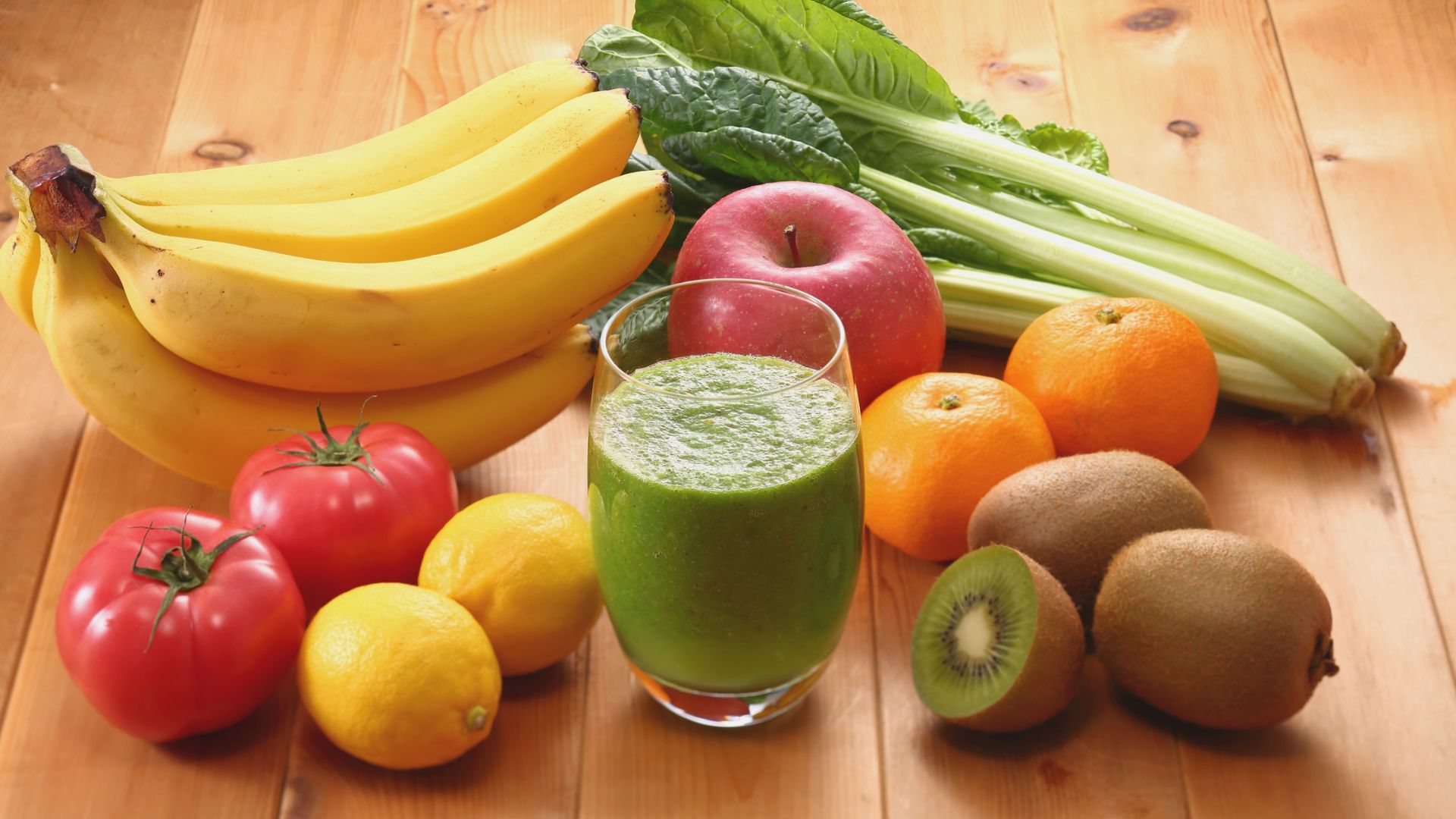Recent studies have expanded our understanding of vitamin K. We’ve long known it to be essential for bone density along with heart health.
One study found that people aged 55 and older with the highest intake of vitamin K had a 57% lower rate of death from coronary heart disease over 10 years and a 26% lower rate of any cause.
A 2017 study showed that people with the highest intake of vitamin K had a 22% lower rate of bone fractures.
Vitamin K in food:
Vitamin K in food comes in two general forms:
- Vitamin K1 (or phylloquinone), found primarly in leafy green vegetables
- Vitamin K2, found in natto or fermented soy, and in animal products such as eggs, meat, milk, and cheese.
But studies show that there are problems in relying on diet to supply these forms of vitamin K. Indeed vitamin K1 in food has low bioavalability. This means that even if you eat a large amount of leafy green vegetables, you may not absorb adequate amounts of vitamin K1. And vitamin K2 is found in highest concentration in many foods that people try to limit, such as foods high in saturate fat. For example, one would have to consume massive amounts of cheese to achieve the optimal K2 levels. And low-fat versions of these foods often have much less vitamin K2 content, or even nont at all.
Thus supplementation is a more efficient and practical way of increasing vitamin K intake.








